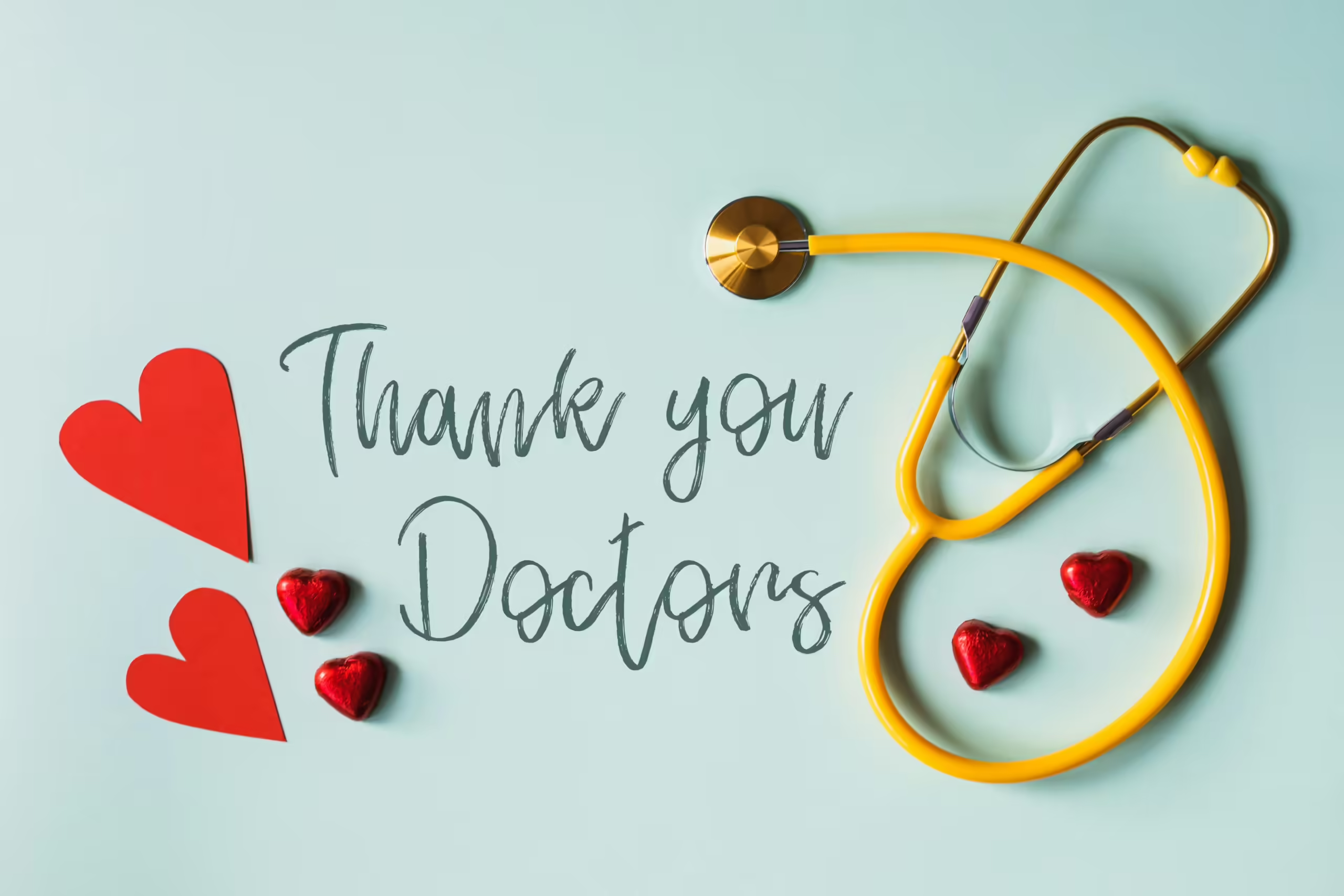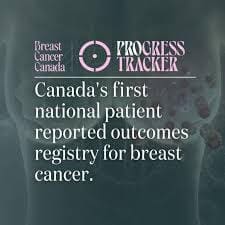At the onset of my breast cancer journey, I was alerted to the realities of the financial burden that a breast cancer diagnosis brings. Indeed, the financial aspects can quickly become a formidable aspect of the cancer experience that can feel equally as daunting as the physical and emotional contours of this disease.
When I was diagnosed, at first I was solely consumed by the physical and emotional toll. I was worried about survival, about losing my breast, about the impact on my family. However, I soon came to realize that the financial impact and the unanticipated costs of this experience added a layer of stress and concern.
Even with Canadian universal healthcare and insurance health coverage in place, the costs of cancer care mount up. I remember being thoroughly shocked at the price tag of Lapelga, an injection I was prescribed to take after each chemotherapy treatment to keep my white blood count from dropping. I nearly fell over when the pharmacy called to confirm the prescription and mentioned that the cost of each dosage was $1200. Our health plan would cover 80% of that cost, but I’d still be out of pocket $400 for each of the four required doses.
The situation is even more dire for those friends of mine who require ongoing medication supports. The letrozole I take daily to reduce my estrogen levels is a small financial hit and covered by my drug plan, but currently, many of the new drugs that are used for individuals who have a stage 4 diagnosis have hefty pricetags and are not covered by the government. One friend has been prescribed a drug that costs $10,000 a month – a financial hit that even someone in an upper-income bracket cannot bear to pay out of pocket for very long.
Some individuals are fortunate to have paid sick leaves, but in today’s economy, many do not. The hit to one’s income during this period could be substantial and disconcerting. As a self-employed business person, I recall my husband and I sitting down with our financial planner to “run the numbers” and to see how long our savings would support us should I be unable to work for a year. Around the same time, I found myself in a position where I lost a client due to the disclosure about my diagnosis. It was an eye-opener about the possible professional setbacks that also add to the financial strain.
I believe that it is essential to speak about this overtly because so many women I interacted with during my journey felt the same financial strain. The impact of not being prepared can be daunting, and understanding the potential costs can help us deal with this unwelcome and often overlooked aspect of breast cancer. My heart breaks for single mothers who have no alternative but to work through treatments to support their family. For those who don’t have generous drug plans, and who have to jump through hoops to get the drugs they need to stave off advancement in their illness. It’s even more of a situation for friends of mine in the US where healthcare is privatized. I know women who are denied care by their provider and who have to fight tooth and nail. I had another friend who opted out of radiation treatment because of the cost.
We need to remember we are not alone in this, and many have navigated it before us. Various support systems and resources exist that help with the financial aspects. From non-profit organizations that fund mammograms to grants and financial aid, there are avenues to explore, and it helps to research what assistance your local community and larger organizations offer.
Indeed, the public narrative around cancer often focuses on emotional bravery or the physical toll, neglecting to shed light on the financial aspect of the journey. As a society, we need to get better at discussing this side of the experience to better prepare those about to embark on this journey and support them.
My advice to those embarking on a similar journey would be to seek guidance early on about potential costs, ask about resources, and reach out to social workers connected to your treatment centre. Knowing what to expect financially can alleviate some of the added stress. Sharing my own journey and financial challenges, I hope to express the importance of having conversations about this side of cancer, as silence can often lead to misconceptions and added strain.
If you are in need of financial support check out these resources:
https://www.breastcancer.org/managing-life/covering-cost-of-care/charitable-resources




